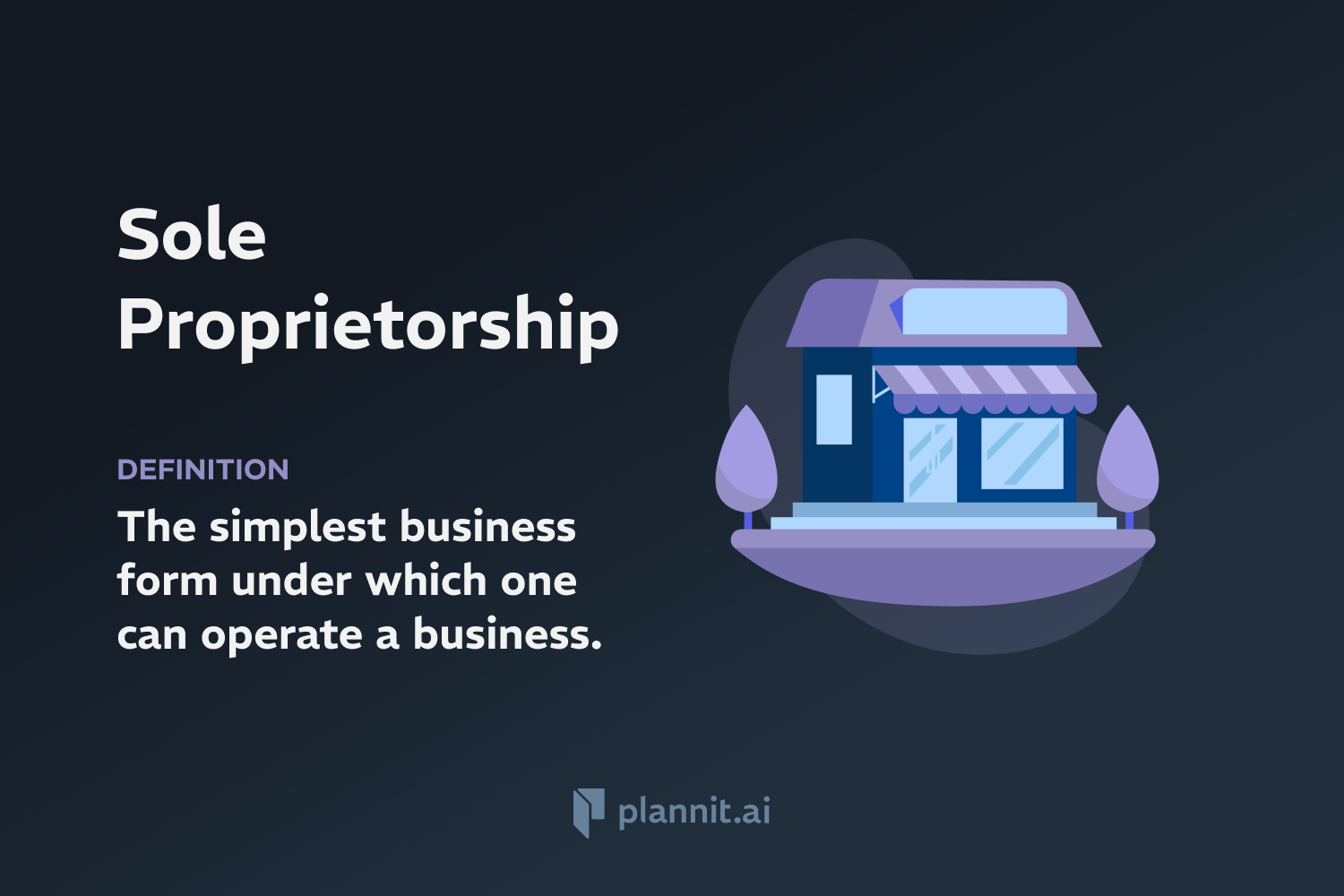Need Help With Your Business Plan?
Answer tailored questions and get a detailed business plan in minutes.
Valuation: Definition & In-Depth Explanation
Valuation is the process of determining the current worth of an asset or a company. It is used by financial market participants to gauge the price they are willing to pay or receive to effect a sale of a business or investment. In the context of businesses, valuation is crucial during situations such as sales, establishing partner ownership, taxation, and even divorce proceedings.
Purpose:
The purpose of performing a valuation is to provide an estimated market value based on an objective analysis or using criteria from an external source. Valuation is key in many business operations, including mergers and acquisitions, fundraising, and investment analysis. It helps investors make informed decisions, facilitates fair exchanges in transactions, and plays a crucial role in strategic financial planning.
Example:
If a startup is looking to raise capital, it will need to undergo a valuation to determine how much equity it should give away in exchange for capital. An investor interested in the startup will perform or commission a valuation to decide how much to invest. Techniques such as discounted cash flow (DCF) analysis, comparables method, or asset-based valuation might be used to determine the company's worth.
Related Terms:
Market Value: The price at which an asset would trade in a competitive auction setting.
Book Value: The value of an asset according to its balance sheet account balance. For assets, the value is based on the original cost of the asset less any depreciation, amortization, or impairment costs made against the asset.
Fair Value: An estimate of the market value of an item, based on what a knowledgeable, willing, and unpressured buyer would likely pay to a knowledgeable, willing, and unpressured seller in the market.
Capital Asset Pricing Model (CAPM): A model used to determine a theoretically appropriate required rate of return of an asset, to make decisions about adding assets to a well-diversified portfolio.
FAQs:
What factors influence the valuation of a company?
Factors can include current earnings, growth potential, market trends, sector conditions, and the general economic environment. Intangible assets like brand value and patents also play a significant role.
Are there different methods of valuation?
Yes, common methods include the income approach (discounted cash flow), the market approach (comparable company analysis), and the cost approach (asset-based valuation).
Why do different buyers/sellers come up with different valuations for the same asset?
Valuation can be subjective because it often involves assumptions about future performance and risk. Different parties may have different expectations and thus apply different discount rates or comparative metrics.
How often should a business be revaluated?
Businesses should be revaluated whenever there is a significant change in the business or economic environment, or for periodic assessment, typically annually, for internal or external reporting purposes.
Can a valuation predict future company performance?
While a valuation incorporates forecasts and assumptions about the future, it is not a guarantee of future performance but rather a snapshot based on available data and reasonable expectations at the time of the valuation.
Get funding with a business plan that will impress investors.
Starting a New Business?



